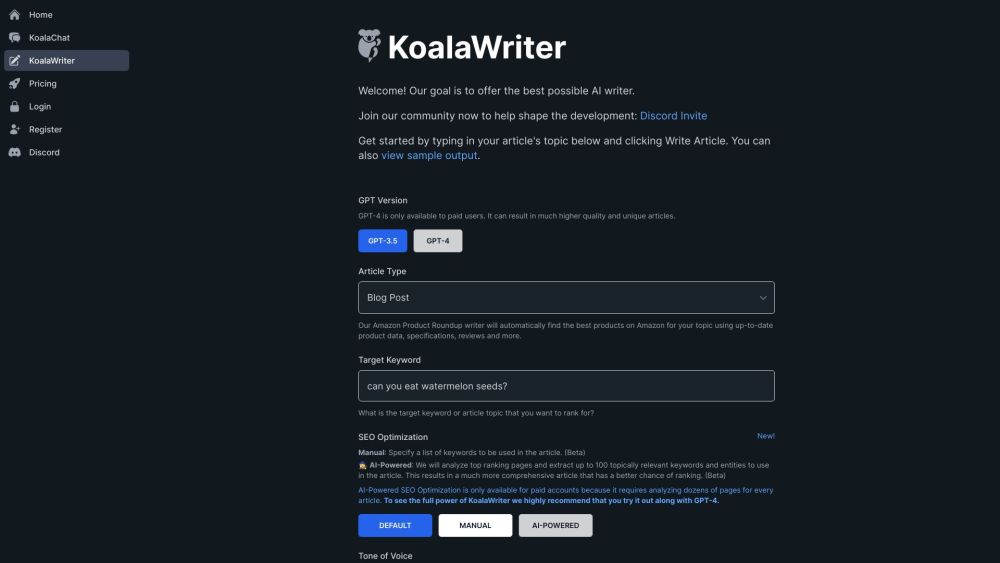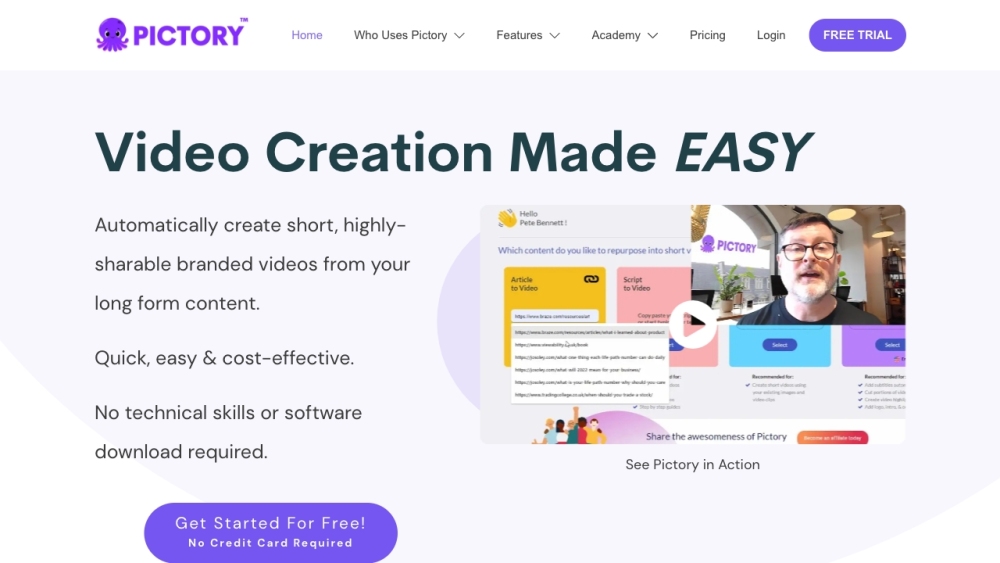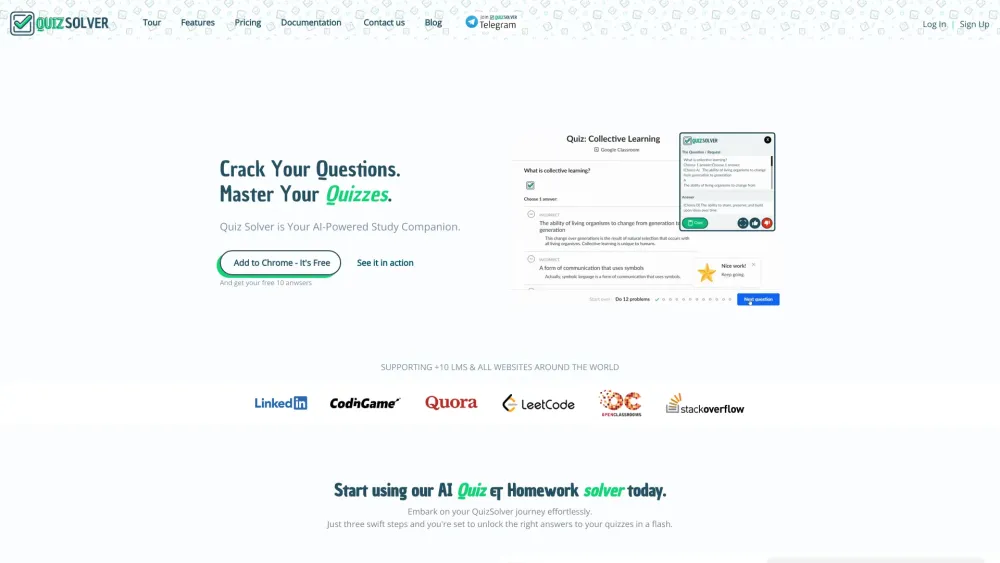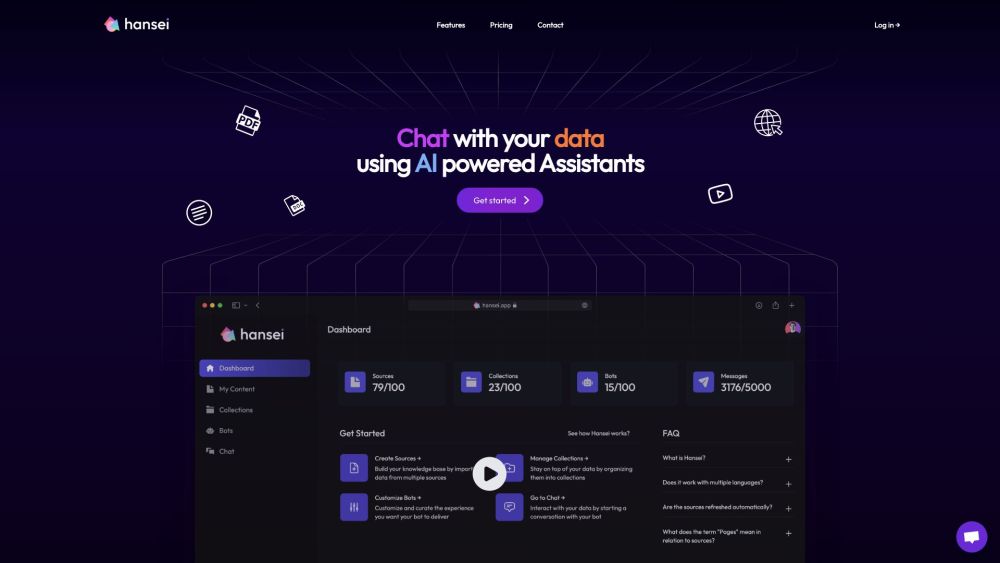Salesforce has launched the public beta of Einstein Copilot, a conversational AI assistant designed to enhance user interactions with their data and workflows.
Initially unveiled as a prototype at the Salesforce Dreamforce conference in 2023, the beta version opens up access to a more conversational and intuitive AI experience, setting a new standard for how Salesforce users engage with their tools.
“Einstein Copilot is a groundbreaking conversational AI assistant for every Salesforce customer, enabling a novel way to interact with data and workflows,” said Clara Shih, CEO of Salesforce AI. “After our preview at Dreamforce, our team has worked diligently to bring this innovative technology to life.”
To underscore the relevance of Einstein Copilot, Salesforce released research from its Slack unit indicating that 86% of IT executives anticipate significant impacts from generative AI in their organizations. Additionally, 80% of employees utilizing generative AI tools report improved productivity.
How Einstein Continues to Evolve with AI
Salesforce's Einstein technology has a foundation in predictive machine learning and AI algorithms that predates the generative AI surge initiated by OpenAI's ChatGPT in 2023. By 2020, Salesforce was making over 80 billion predictions daily using the Einstein platform. In March 2023, the company enhanced this platform with Einstein GPT for the generative AI era.
Shih affirmed that the original predictive AI capabilities of Einstein remain integral to Salesforce's offerings, with their importance increasing amid the generative AI trend. This predictive technology enables functions such as delivering recommendations for next best actions in sales processes and forecasting sales outcomes.
“What sets Einstein Copilot apart is its transformation from predefined use cases to an open-ended assistant capable of answering any question across Salesforce data and workflows,” Shih explained.
Hyperforce Data Architecture: The Backbone of Einstein Copilot
Einstein Copilot is not merely a generative AI interface; it's a sophisticated integration of Salesforce's powerful data infrastructure. The foundation of this setup is the Salesforce Hyperforce architecture, which ensures data residency and compliance for enterprise applications. On this framework sits the Salesforce Data Cloud, which unifies and cleanses data from various sources, including external data lakes like Snowflake and Amazon Redshift.
Shih clarified that the Einstein LLM (large language model) gateway operates atop this structure, selecting appropriate generative AI models based on specific use case needs. Salesforce has developed its own models and collaborates with leading providers such as OpenAI and Google.
Above the LLM gateway is the Einstein Trust Layer, which addresses data privacy, security, toxicity filtering, and citations—key components for trustworthy AI in enterprises. The overarching AI strategy that encompasses these technologies is branded as Einstein 1.
The Power of Context in Einstein
Many organizations are developing AI copilots and conversational interfaces, including Microsoft's expanding suite of Copilot services.
Shih highlighted a key distinction between Salesforce's Einstein Copilot and competitors like Microsoft: the use of contextual data. She emphasized the importance of metadata, which provides critical context for data. Salesforce's robust metadata model has long structured how objects, fields, relationships, and business logic are defined, enhancing the AI's effectiveness in sales contexts.
“At Salesforce, our metadata layer has existed since the beginning—not originally created for AI but essential for its functionality,” Shih affirmed.




